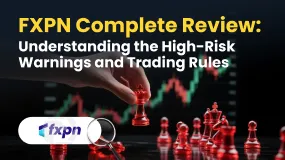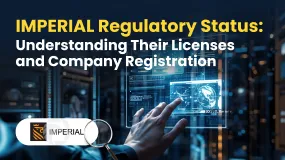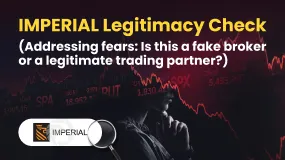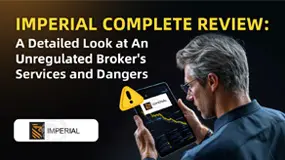Abstract:If the pandemic has taught us anything, it is that borders are imaginary. A virus that appears in China today can be in the US tomorrow, and a “South-African” variant can infect people all over Europe.
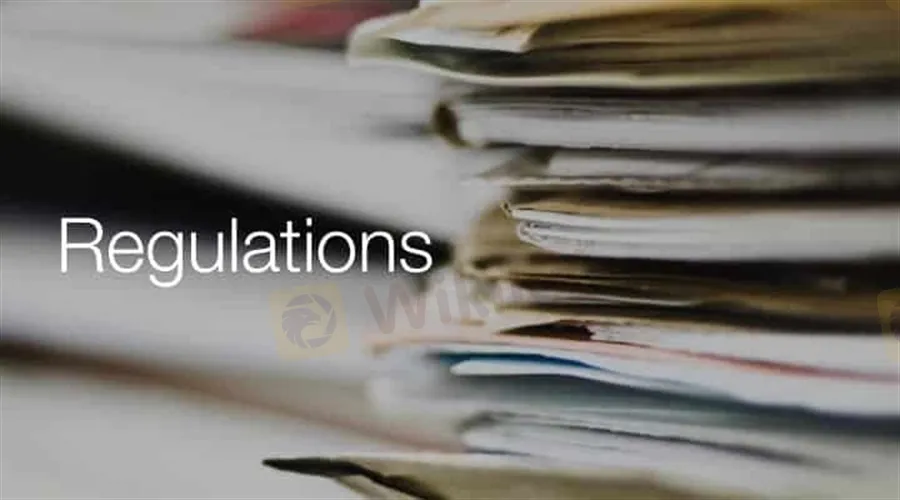
The overlooked problem in financial trading – cross-border regulation and enforcement.
A look at what the Dutch and French regulators are trying to achieve.
Imaginary borders
This is why effective handling of the coronavirus requires international cooperation. The novel coronavirus is a global, cross-border phenomenon, and as such necessitates action taken by a large number of authorities in multiple locations at once.
Another prominent cross-border phenomenon of the last two years – other than the coronavirus itself – is online trading of financial instruments. This has grown to a magnitude, that prompts regulators to deal with a previously somewhat overlooked problem in financial trading – cross-border regulation and enforcement.
Regulators on the offensive
The latest development in this area can prove, in my opinion, to be no short of an earthquake in the EU. In January 2022, the French and Dutch financial regulators, (the AMF and the AFM) came out with a position paper, which can potentially start a regulatory war – their proposal is to give enforcement powers, not to the regulator where the investment firm is licensed; but to the one in whose jurisdiction live the majority of the firms clients.
The backdrop to this proposal is depicted in the position paper. “The AFM and AMF increasingly observe practices of financial firms obtaining a license and European passport in other EU member states than that of their target audience. The AFM and AMF note that such firms are overrepresented in offering high-risk products (such as CFDs) as well as in terms of the complaints received from consumers on their practices”.
Behind these well-mannered words lies a clear accusation – there are firms who mis-use the EU passporting regime. They get their license in one jurisdiction; but conduct most of their business in another. This, according to the two regulators, makes it hard on both the “home” regulator (where the firm is licensed) and the “host” one (where the clients are) to supervise and enforce effectively. Between the lines another accusation lurks – some regulators are more lenient on firms (perhaps as they know those firms will do very little business in their own jurisdiction), therefore these firms choose to “set up shop” there.
“We therefore propose to reconsider whether the physical presence of a firm in a host Member State should still determine the home/host division of responsibilities. A future-proof cross-border supervisory set-up is best suited by placing responsibilities for conduct supervision where they are most efficient: with the NCA of the host Member State”.
Other proposals the AMF and AFM present are “the introduction of a requirement for NCAs to withhold, or withdraw, authorisation where a firm has clearly chosen to place its seat in a particular Member State in order to avoid stricter standards of the Member States where it will carry out most of its activity”, and a “centralised and up-to-date database on cross-border activities at the ESA level”.
Cracks in the Union
The meaning of this proposal is double. First, it is a clear admittance that the passporting system does not work; and should be nearly-abolished, and replaced by a “proxy-regime”.
In essence, say the two regulators, we cannot protect our citizens; and we cannot trust other regulators to do so as well; therefore we want the power back in our hands. It‘s a crack in the European Union – another crack, it should be said, exposed by the pandemic, which saw European borders closing and respirators withheld despite the clear cry of help from some countries. (And of course, we shouldn’t forget the giant tear caused by Brexit. We certainly do not want the public in another EU country to lose confidence in the EUs ability to safeguard them).
The second and practical meaning of this proposal is the eradication of small countries as licensing centres. No more regulatory arbitrage.






